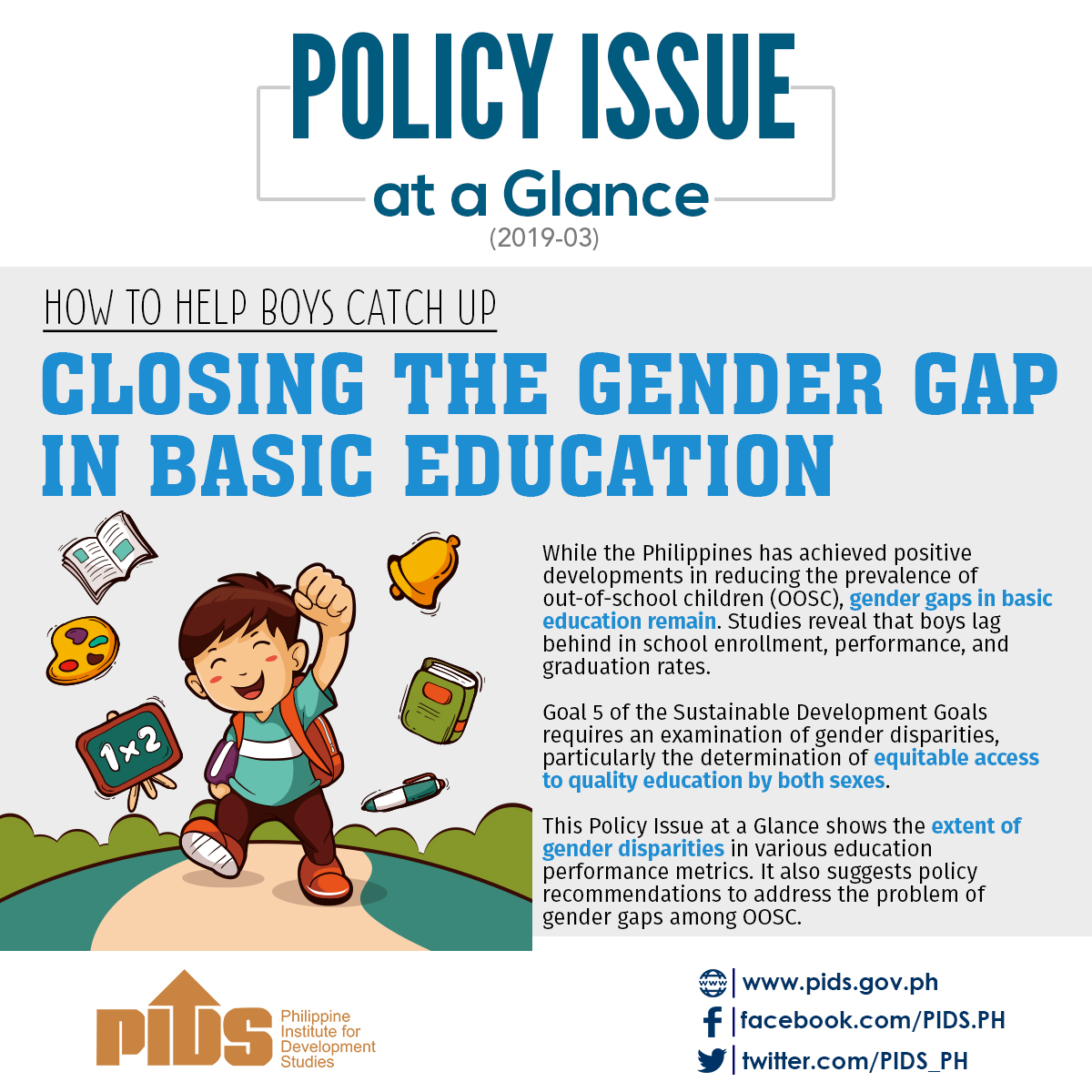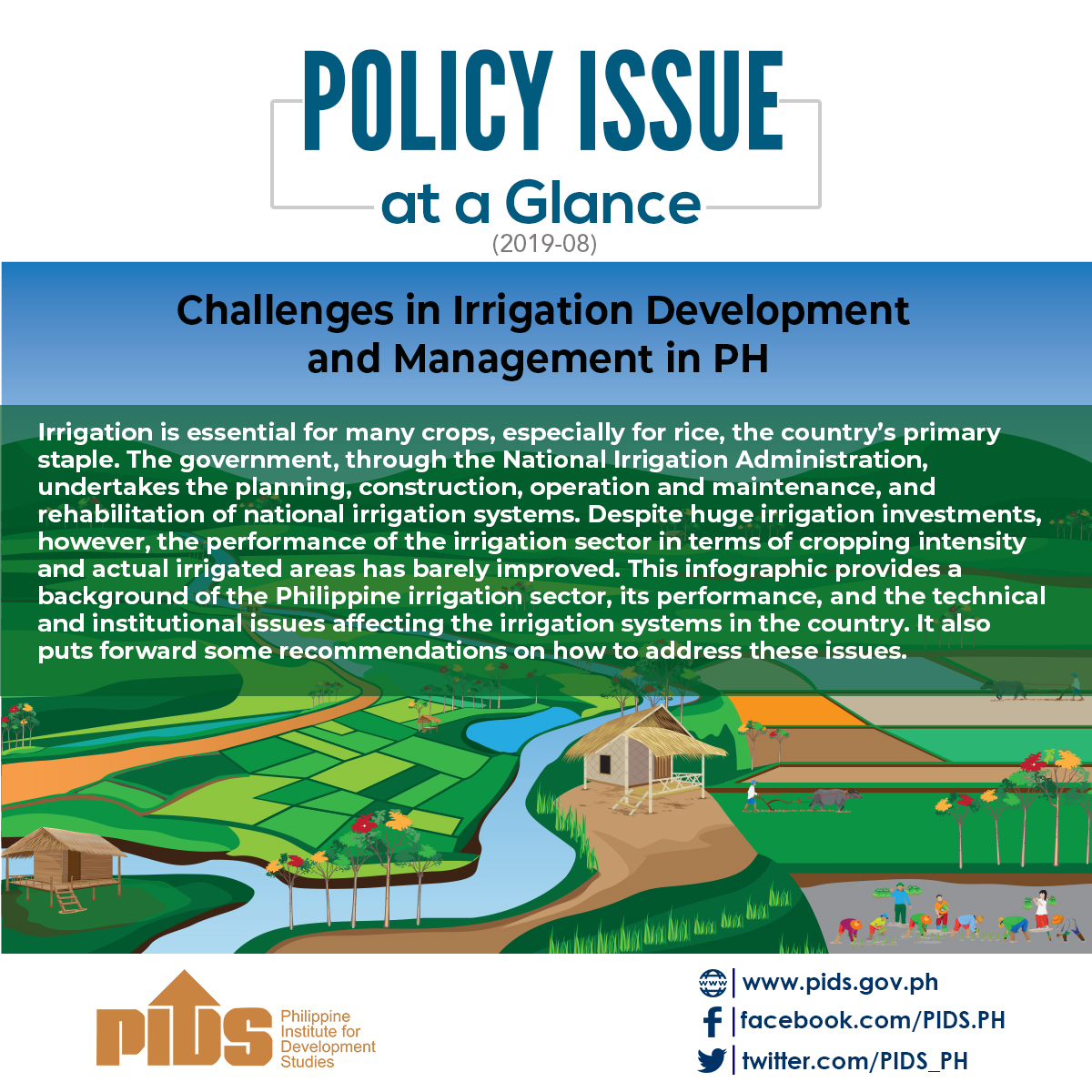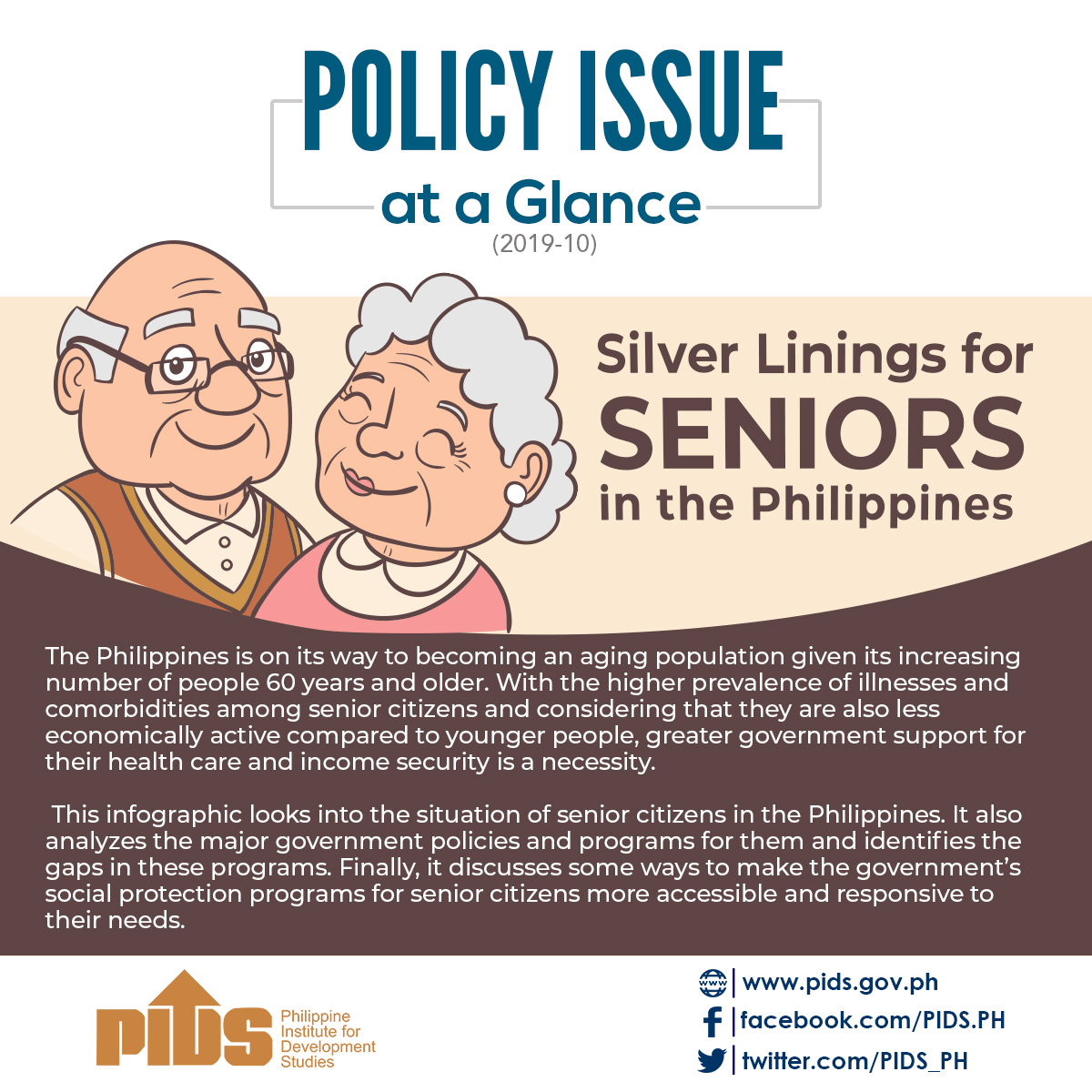THE country should prioritize avoiding severe exchange rate fluctuations as economic activity is expected to weaken next year given global headwinds, according to a Philippine Institute for Development Studies (PIDS) discussion paper.
Citing previous paper, authors PIDS senior research fellow Margarita Debuque-Gonzales, supervising research specialist John Paul Corpus and research analyst Ramona Maria Miral said sharp peso depreciation makes the fight against inflation even more difficult.
The peso returned to the P55:$1 level on Friday, strengthening for a seventh straight day to its best showing in more than three months.
They said it may also have negative effects on balance sheets, particularly for firms that have taken on a large amount of unhedged dollar-denominated debt, contributing to financial tightening.
"More generally, high exchange rate volatility heightens business uncertainty, with the increase in transactions costs having a well-known negative effect on the growth of small open economies in the longer run, with trade and investment as the main channels," they said.
As severe exchange rate fluctuations are avoided, the authors said the appropriate response must depend on the nature of the exchange rate shock, as well as its impact on the monetary and financial sectors.
"If the depreciation is due to fundamental factors (e.g., an appreciating US dollar and rapidly rising US interest rates, and current account deficits due to relative price shocks) and financial markets are not in turmoil, the correct strategy would be to simply adjust monetary policy to keep within inflation targets and allow the exchange rate to serve its role as automatic shock absorber," they said.
Debuque-Gonzales, Corpus and Miral said letting the exchange rate depreciate, for instance, naturally reduces imports and encourages exports, helping bring down trade deficits and prevent accumulation of external debt.
"Like other price controls, exchange rate intervention may not be beneficial if made permanent, as it serves to distort price signals and impede efficient allocation of resources," they added.
The authors said temporary intervention is deemed appropriate when there are acute disturbances in the foreign exchange market that in turn destabilize other financial markets and trigger macroeconomic instability, or worse, lead to large corporate defaults that could fuel and amplify a financial crisis.
Apart from smoothening exchange rate volatility but maintaining flexibility, they also identified other policy priorities and proposals which have benefits cutting across different horizons.
These are controlling inflation without harming growth, pursuing fiscal sustainability but protecting those at risk, preparing for financial tightening and uncertainty, addressing the pandemic scars, and continuing the policy momentum on investments.
The economic outlook features significant challenges and downside risks, including persistently high inflation, an uncertain business environment, and a possible downturn in the world's major economies.
"Financial tightening in advanced economies can be expected to spill over to EMDEs (emerging market and developing economy). In the Philippines, higher US interest rates have pushed up domestic interest rates while also triggering sharp peso depreciation," the authors said.












